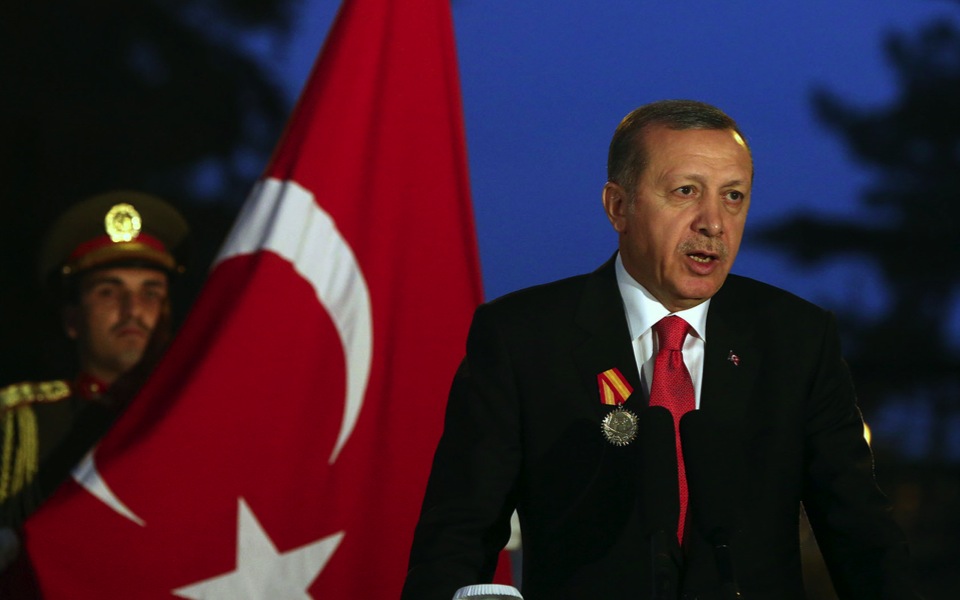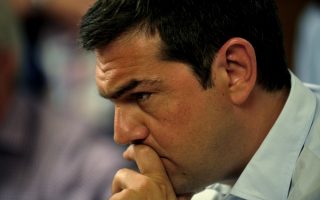Erdogan’s glory and hubris

Not long ago, many Greeks would gaze enviously at neighboring Turkey, wishing that they, too, could have a strong leader who challenged domestic interests and foreign powers, including the United States, and charted a new course for his country, turning it into a regional power. They compared Recep Tayyip Erdogan, who has dominated Turkey’s politics since his election as prime minister in 2003, with a succession of Greek leaders who could not prevent their country’s decline.
Today, observing Erdogan offers a master class not only in how a self-confident leader can push and pull his country forward, but also how his personal weaknesses can jeopardize all that was gained and even lead it into grave danger. Erdogan, who was elected president of the republic a year ago, and should therefore have no immediate influence on party politics, is doing all he can to ensure that the Justice and Development Party (AKP) that he founded remains in power. He is trampling institutions, swinging from one major policy change to the next and risking his country’s involvement in two wars inside its borders and beyond.
Compared to the risks Turkey faces, Greece’s economic crisis and its weakened diplomatic standing look like a simple matter. In the most general terms, Greece’s decline can be attributed to a political class that saw (and largely continues to see) the art of government as buying as many votes as possible and providing every interest group with what it demanded, avoiding good governance, logic and reform even if this was at the expense of the rest of society. When the easy credit ended, the Greek economy and society were taken by surprise. The lack of mechanisms for dealing with difficulties, a mentality which made political consensus and compromise all but impossible, and a deep sense of injustice on the part of citizens made it very difficult for any government to handle the decline in living standards and expectations. Yet, even as the political center collapsed, even after a radical leftist party was elected to govern, Greece remains the same country. Our institutions function, albeit with the weaknesses that contributed toward economic collapse, and we are all anxious to see a recovery. Greece does not face the threat of violence and division.
In Turkey, the AKP’s loss of its parliamentary majority in June elections threatens to block Erdogan’s dream to turn the presidency into a powerful executive position. By stoking tension with Turkey’s Kurdish minority, he seems to want to frighten citizens into seeking a strong government in early elections, thus favoring the biggest party, the AKP. Fighting between the Turkish military and Kurdish militants is tearing away at a ceasefire that Erdogan helped engineer in 2013. This, combined with an end to Turkey’s tolerance of Islamic State extremists and the recent deal allowing the United States to attack IS from Turkey, has opened two battlefronts. It is an incredibly great risk for uncertain political gain. Risk-taking is in Erdogan’s blood, and it has served Turkey well. But the same self-confidence, the lack of a strong opponent and his undermining of institutions have now empowered him to set loose forces that could tear his country apart.



